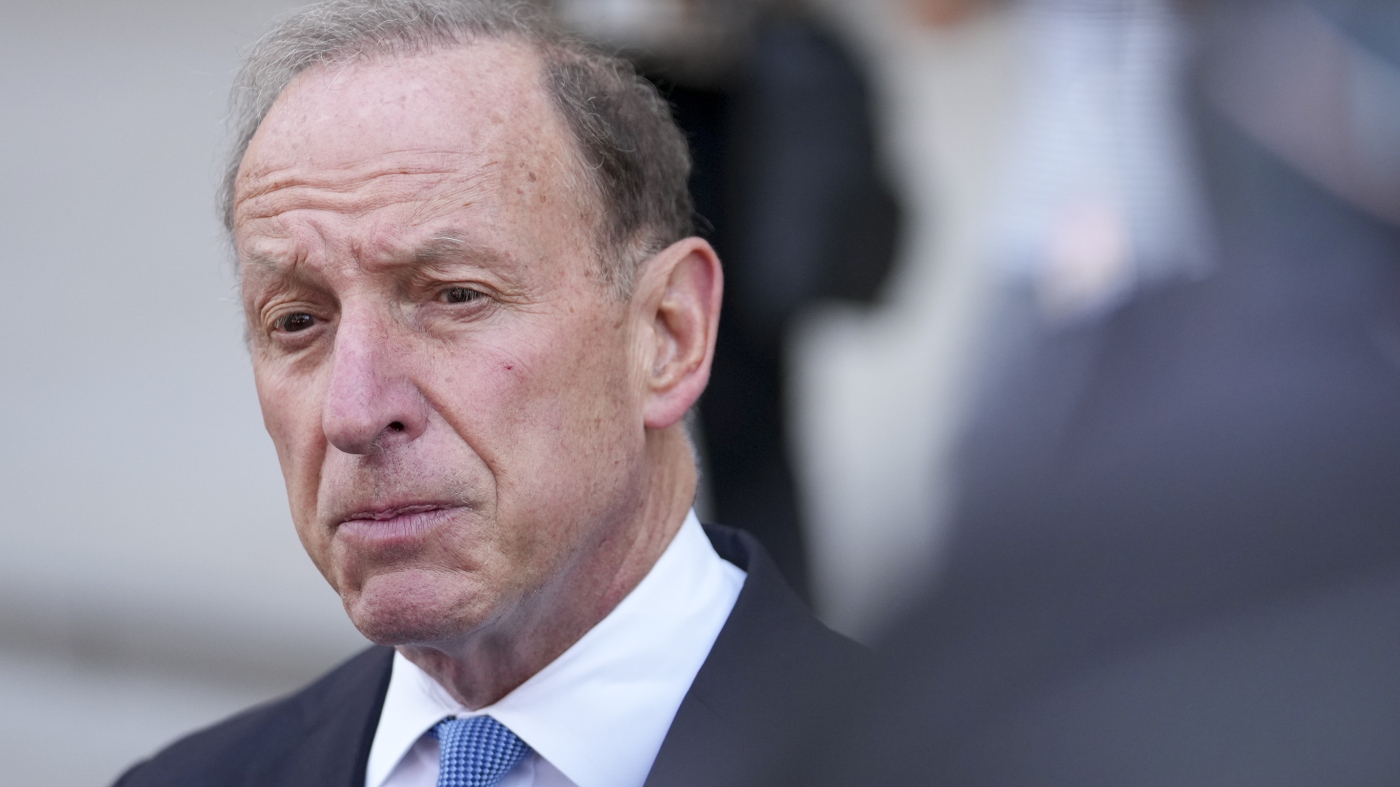The Unfolding Drama: Law Firms Under Trump’s Scrutiny
The return of Donald Trump to the Oval Office has sent shockwaves through the U.S. legal landscape, with law firms and lawyers finding themselves in the administration’s crosshairs. This report explores the implications, responses, and broader impacts of these targeted actions, painting a picture of a legal community grappling with unprecedented challenges.
A Landscape of Retribution
Executive Orders and Legal Firms
Trump’s executive orders have become a tool for targeting law firms that have dared to represent clients opposed to his administration. These orders have ranged from blacklisting firms from federal contracts to restricting their access to federal buildings. The motivation behind these actions is often personal, with Trump seeking to settle scores with attorneys who have crossed him in the past. This use of executive power has raised serious concerns about the politicization of the legal system and the potential for abuse.
The Legal Community’s Dilemma
The legal community has been left reeling, with many firms caught between their ethical obligations and the need for self-preservation. Some have chosen to make deals with the Trump administration, agreeing to provide free legal services for causes aligned with the White House’s interests. While this may seem like a pragmatic solution, it raises troubling questions about the independence of the legal profession and the potential for political influence over legal representation. The fear of retribution has created a chilling effect, with many lawyers hesitant to take on controversial cases.
The Erosion of Constitutional Rights
Due Process and Representation Under Threat
The targeting of law firms has been described as an extraordinary threat to constitutional rights, particularly the right to due process and representation. The chilling effect on lawyers and law firms is evident, with many hesitant to take on cases that might draw the ire of the Trump administration. This has led to a weaker effort to challenge Trump’s actions in court compared to his first term, as lawyers grapple with fear, outrage, and uncertainty.
A Climate of Fear and Self-Censorship
The legal industry is sharply divided on how to respond to these attacks, with attorneys grappling with a mix of emotions. The prospect of being targeted by the president has created a climate of self-censorship and caution, undermining the fundamental principles of legal practice. This erosion of constitutional rights is a direct result of the Trump administration’s targeting of law firms, and it raises serious questions about the future of the legal system in the United States.
Notable Cases and Developments
Abbe Lowell’s Defiant Stand
Veteran lawyer Abbe Lowell, with nearly 40 years of legal practice, has started a new law firm specifically to represent those who have drawn the ire of President Trump. This move highlights the growing need for legal representation in the face of Trump’s retribution campaigns. Lowell’s defiant stand is a testament to the resilience of the legal community and the importance of standing up for the principles of justice and fairness.
Susman Godfrey’s Lawsuit
Susman Godfrey, a prominent law firm, has accused Trump of trying to “exact revenge” on the firm. The firm has represented Dominion Voting Systems in defamation cases related to Trump’s false claims about the 2020 election. This lawsuit is one of several legal battles emerging from Trump’s targeting of law firms, and it underscores the need for the legal community to push back against these attacks.
Deals and Retributions
Trump has reached deals with several law firms, allowing them to avoid punishing executive orders. However, these deals often come with strings attached, such as the provision of free legal services for causes aligned with the administration’s interests. This has raised concerns about the ethical implications of such agreements and the potential for conflict of interest. The legal community must grapple with these issues as they navigate the politically charged landscape created by the Trump administration.
The Broader Implications
Political Retribution and Legal Independence
The targeting of law firms under the Trump administration raises serious questions about political retribution and the independence of the legal profession. The use of executive orders to punish perceived enemies and reward allies undermines the rule of law and the principles of fair representation. This erosion of legal independence is a direct result of the Trump administration’s targeting of law firms, and it raises serious questions about the future of the legal system in the United States.
The Future of Legal Practice
The actions taken by the Trump administration have the potential to reshape the future of legal practice in the United States. Lawyers and law firms will need to navigate a more politically charged landscape, balancing their ethical obligations with the need to protect their own interests. The legal community must also grapple with the broader implications for constitutional rights and the rule of law. This will require a concerted effort to advocate for the protection of constitutional rights, promote the independence of the legal profession, and ensure that all individuals have access to fair and unbiased legal representation.
A Call to Action: Defending the Legal Profession
The targeting of law firms and lawyers under the Trump administration represents a significant threat to the legal profession and the principles of justice and fairness. It is imperative that the legal community, along with other stakeholders, takes a stand against these actions. This includes advocating for the protection of constitutional rights, promoting the independence of the legal profession, and ensuring that all individuals have access to fair and unbiased legal representation. The future of the legal system in the United States depends on it. The legal community must rise to the occasion, standing up for the principles of justice and fairness, and defending the independence of the legal profession. This will require courage, resilience, and a commitment to the rule of law. The stakes are high, and the legal community must not waver in its defense of these fundamental principles. The future of the legal system in the United States depends on it.








